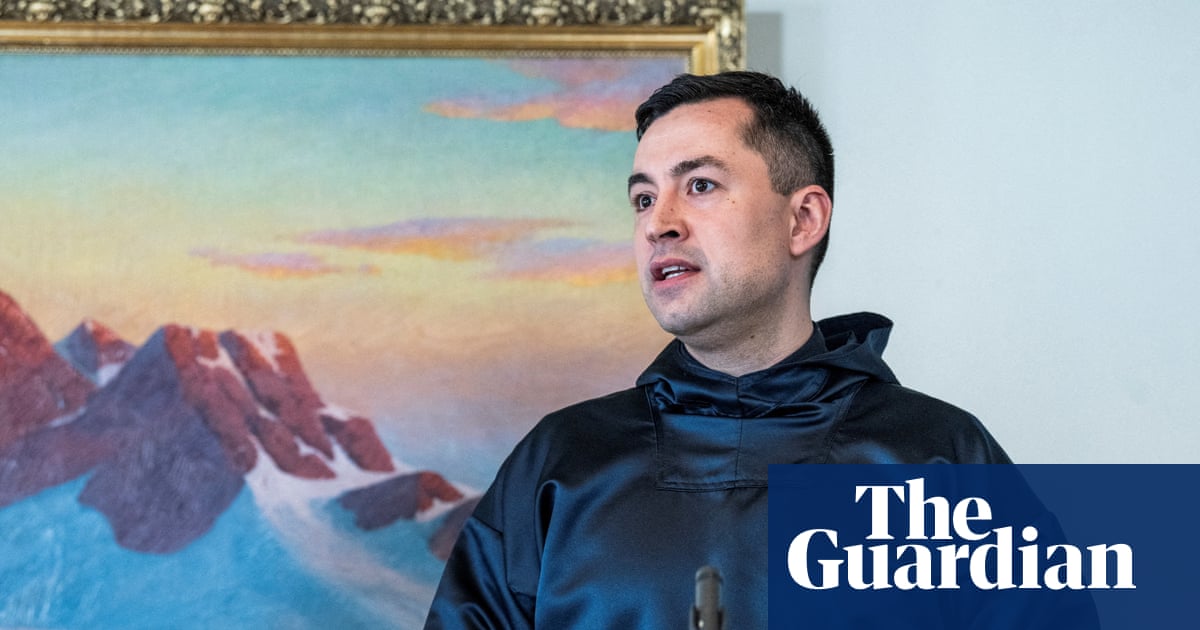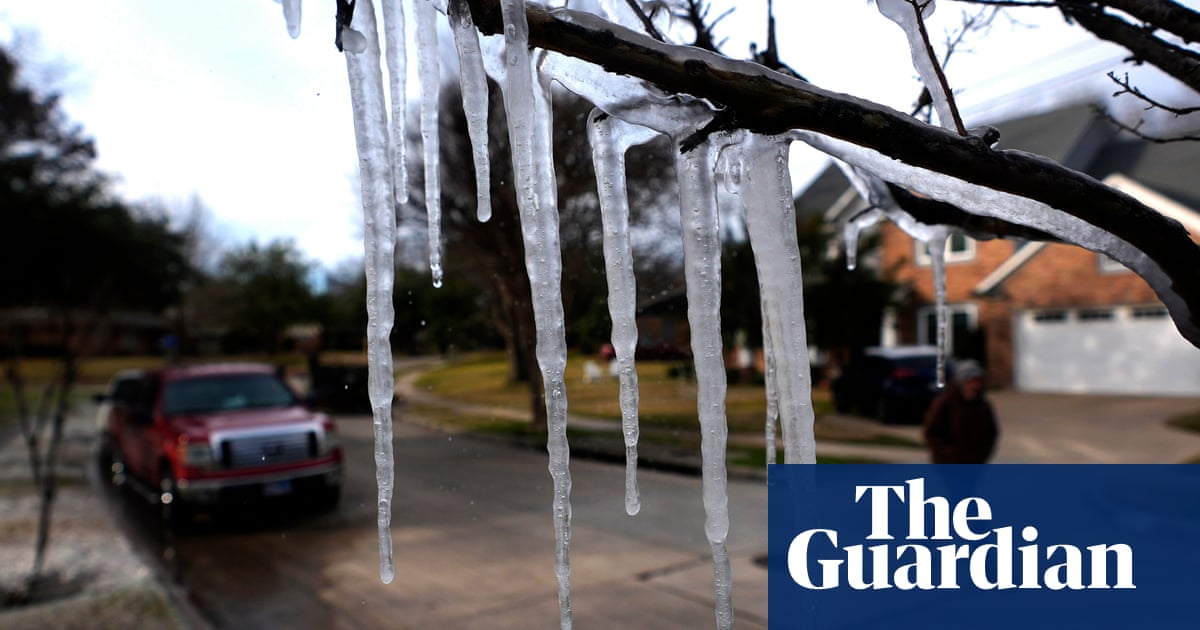If Donald Trump’s previous administration taught us anything, it’s that women’s bodies do not matter. The autonomy of those bodies, the frequent injustices and abuses inflicted on them, are of little consequence to a far-right misogynist administration that is – unbelievably to some – back in power after an all too brief period of reprieve, if not change. Women’s bodies are also of little consequence to the people who voted for Donald Trump.
Shortly after Trump was elected in 2016, I saw Regina Spektor playing at the Royal Festival Hall. She sat down at a piano and sang her song Ballad of a Politician. “A man inside a room is shaking hands with other men,” it opens: “This is how it happens / Our carefully laid plans.” The almost physical weight of sadness in Spektor’s performance, and that of the women in the audience, is something I have never forgotten.
Women across the world are today experiencing the visceral, secondhand body horror of another Trump administration, and that is nothing compared with the all-too-real feeling of peril that many American women will be having as I write. We hold fear, tension and trauma in our bodies, and though that is the kind of idea that strongmen such as Trump and their acolytes would snigger at, it’s well documented that, to quote the psychiatrist and author Bessel van der Kolk, the body keeps the score. It is a complete tragedy that yet more American women are facing the prospect of their reproductive rights being curtailed even further.
This body horror will be felt by the many others on Trump’s hitlist of undesirables: immigrants, gay and transgender people, disabled people, protesters. Anyone capable of empathy. Yet in the context of the assault on reproductive rights, and being a woman myself, it is women I am writing about today.
I am thinking particularly of three women. Candi Miller died at home in bed with her three-year-old daughter next to her after being too afraid to seek medical care because of Georgia’s abortion ban. She had a son as well as a daughter. Amber Nicole Thurman, also in Georgia, died after taking abortion pills at home and being made to wait 20 hours in agony for the dilation and curettage procedure that would have saved her life. She had a six-year-old son. And Josseli Barnica, who died when she was 17 weeks pregnant after doctors in Texas delayed treating her miscarriage for 40 hours. She had a young daughter. There are many more women, children and their families who have suffered profoundly as a result of the Republican-led rollback of women’s reproductive rights.
The outcome of this election is not surprising. After last time, I didn’t believe America’s hatred of women could be overestimated; why should it elect one? The hatred all too evidently runs deep. Increasingly, its currents run separately to the mainstream: on podcasts, in the “manosphere” and on our online news feeds.
Kamala Harris announcing that she was running for president coincided with my social media algorithms bombarding me with Christian “tradwife” content about the importance of serving and obeying one’s husband, and not working outside the home. This alternative reality isn’t a side of America that many Europeans had seen. You might be dimly aware that historically the country was founded by religious fundamentalists deemed too extreme for European sensibilities, but there’s something about seeing quite how unhinged and retrograde the content is that really brings the ideological disconnect home. Naturally, many people living in the US are just as horrified by the rise of these sorts of ideas, not to mention how they intersect with online misogyny and white supremacy, but their prevalence is less of a surprise because they have been exposed to them to some degree their entire lives.
At the same time, “childless cat lady” discourse was dominating the political debate, as if things weren’t already feeling medieval enough. Having researched and written a book, The Year of the Cat, that is partly about childless cat ladies – and where the sexist myths about them come from – I found it as predictable as the “burn the witch” rhetoric deployed against Hillary Clinton. It’s easy to laugh at the ridiculous notion that women who have not given birth are bitter, rageful harpies without a stake in the country they live in, and even easier to spin it into a clever “Cat Ladies for Kamala” campaign, but this fear of childless women is an old, old form of misogyny. That it was being deployed, especially in the context of global panic about the birthrate, did not bode well.
And, of course, there were yet more rape and sexual assault allegations to add to the pile – which barely seemed to make a dent in the election debate, despite the alleged involvement of the convicted paedophile Jeffrey Epstein. Many of us have been left wondering what exactly Trump would have to do to a woman that would be deemed sufficiently beyond the pale to prevent his return to power. If women didn’t matter in 2016, we seem to matter even less in 2024.
There is good news for American women to cling to, with Missouri and Arizona voting to expand abortion rights, and Colorado, New York, Maryland, Montana and Nevada all passing measures to protect them. Yet misogyny can be catching: in Europe, governments must take steps to protect our own laws (Labour must urgently decriminalise abortion here in the UK after the legislation fell by the wayside earlier this year).
I know I am not alone in saying that I had never experienced such profound physical revulsion as I did during the Trump years, whenever that man tweeted or went on television. When Trump was last in office, I had not ever been pregnant or given birth. I was, though, a survivor of assault, and found the “grab them by the pussy” rhetoric and the treatment of Christine Blasey Ford particularly sickening. You don’t need to have been assaulted, or raped, to feel that revulsion, just as you didn’t need to have had an IUD fitted to empathise with all the women who were suddenly rushing to get theirs. You don’t need to have had an abortion, to have been pregnant or given birth to understand the trauma of being forced to carry an unwanted pregnancy to term.
The body keeps the score, and that feeling of horror is back.
-
Rhiannon Lucy Cosslett is a Guardian columnist

.png) 2 months ago
24
2 months ago
24













































